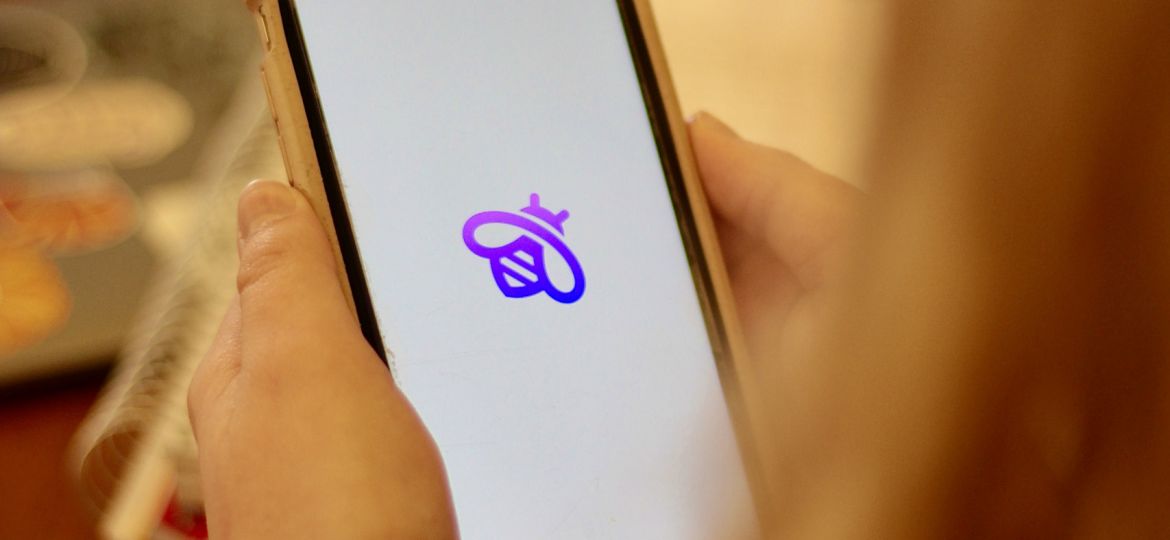
In light of everything that has happened around campus in the last few weeks, it’s worth revisiting the student opinion surrounding the anonymous social media app Fizz. At the beginning of the semester, most students were cautiously optimistic about the platform. Its limitation to only St. Olaf students was enticing to many. Now, however, there is a different mood circulating among Oles.
“Instead of uplifting critical dialogue, [Fizz] is cheapened by its rampant sensationalism,” Ben Grant ’23 said. “We take it upon ourselves to play judge, jury, and executioner in social trials, informed almost uniformly by deliberate mistruths, misinterpreted jokes, and exaggerated morsels of originally trivial detail[s].”
Indeed, we have seen firsthand how sensationalized news is misconstrued because students are relying on an anonymous app to get their breaking campus news — or get 15 minutes of fame from twisting details in order to get a viral post.
This notion of fame, however minor, has followed our generation since our formative years. “We are all acutely… aware of the developmental detriments [social media has] had on us,” Grant said. “How much grotesquely excessive gimmick marketing does it take until we realize that we’re the products here, not the app?”
Fizz may be anonymous, but it still blatantly encourages the idea of marketing oneself in order to get the smallest taste of fame. It’s easy to understand why a young college student would turn to the app to satisfy their desire to feel part of something bigger than themselves.
Grant commends how this anonymity enables students to raise serious questions about St. Olaf College as an institution, but is still not convinced to put their faith in Fizz. “Instead of in healthy, constructive ways [of criticizing St. Olaf], we complain about small things — about the food, about the professors, about the weather, and about the student-organized events on campus.”
To Grant’s last point, events like concerts and dances have been panned on the app for no particular reason other than complaining that staff asked them to be polite to others during the event. If users who make this genre of post know their peers — who worked tirelessly to host such a large event — are on the app and will see their words, can the choice to hit post be considered cyberbullying? Should St. Olaf intervene? Administration certainly has enough reason to get directly involved with the app’s issues, and especially following the extreme nature of recent campus issues, the spread of radical and false information should be more closely monitored.
Ultimately, the presence of Fizz at St. Olaf feels like a failure. With rampant misinformation and sensationalism clogging the timeline, students feel more unsafe than ever — there was even a poll on Fizz to show it. In the interests of student safety, media literacy, and the integrity of the college, Fizz should not continue on campus. Administrators should also take a look at how they handle breaking news. If their emails were a little more timely or clear — instead of linking to various resources that likely won’t have openings for the rest of the semester — students might lean away from relying on anonymous posts that turn up the shock factor for fun. Fizz started as an app that marketed itself as a fun and college-oriented platform that touted bucket hats and donuts. It has festered into a toxic space that endangers our campus community.
Grace Quayle is from Wichita, Kan.
Her major is English.

